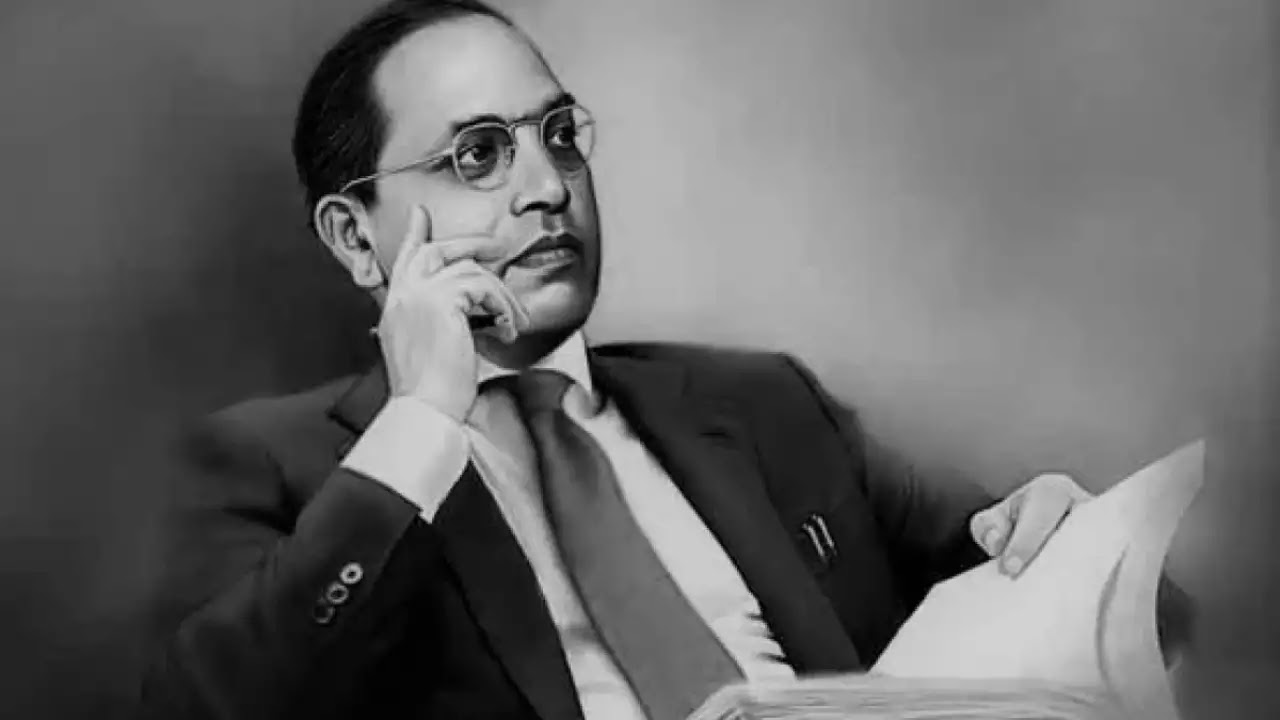This article highlights the celebration of 75 years since India adopted its Constitution on November 26, 1949. To honor this milestone, the government has organized a special session of Parliament.
While the occasion will feature many speeches celebrating the Constitution, the article reflects on B.R. Ambedkar’s significant warnings given on November 25, 1949, a day before the Constitution was adopted. These warnings remain relevant even today.
Ambedkar, the chief architect of the Constitution, emphasized that a good Constitution could fail if the leaders implementing it were not honest or capable.
On the other hand, even a flawed Constitution could succeed if it was managed by good leaders. According to Ambedkar, the success of the Constitution depended more on how it was used by the people and their leaders than on the document itself.
He also discussed a major contradiction in Indian society. While the Constitution gave political equality, such as the right to vote for everyone, social and economic inequality continued to persist.
The caste system and unequal wealth distribution meant that equality in daily life was still far from reality. Ambedkar called this a “life of contradictions” and asked how long India could tolerate these disparities. He urged the country to work towards both social and political democracy to bridge this gap.
Another critical issue Ambedkar pointed out was the lack of fraternity, or a sense of brotherhood, among Indians. He believed fraternity was essential for national unity and social progress.
However, divisions based on caste, religion, and region were preventing Indians from feeling like one united people. He called the caste system “anti-national” and said it was a major barrier to liberty, equality, and fraternity. He stressed that these three values were interconnected, and one could not exist fully without the others.
Seventy-five years later, India has made significant progress in some areas. For instance, untouchability has been abolished, and affirmative action policies like reservations for Scheduled Castes (SCs) and Other Backward Classes (OBCs) have helped to promote equality.
However, social and economic inequalities are still widespread. Many communities feel they do not have enough opportunities, leading to demands such as a caste census to address these concerns.
India has also developed a stronger sense of national unity over the years. This unity can be seen during national events like cricket matches or during times of crisis, such as wars or natural disasters.
However, caste, regional, and linguistic divisions still create barriers. Policies like reservations, which were introduced to reduce inequality, have sometimes deepened divisions by making caste a permanent factor in politics.
The article concludes by reflecting on Ambedkar’s vision. He believed that India’s success depended on its people and leaders taking responsibility for their actions. With independence, India could no longer blame colonial rulers like the British for its problems. Instead, it had to work towards solving them.
Celebrating the Constitution is important, but addressing inequalities, building unity, and uphold the values of liberty, equality, and fraternity is even more crucial. This is how India can truly honor the Constitution and ensure its success for future generations.
.
.
.…join our telegram channel for regular updates of The Hindu Epaper Editorial Explanation-https://t.me/Thehindueditorialexplanation
The Hindu Epaper Editorial Explanation given by Hello Student is only a supplementary reading to the original article to make things easier for the students.
In conclusion, preparing for exams in India can be a daunting task, but with the right strategies and resources, success is within reach. Remember, consistent study habits, effective time management, and a positive mindset are key to overcoming any academic challenge. Utilize the tips and techniques shared in this post to enhance your preparation and boost your confidence. Stay focused, stay motivated, and don’t forget to take care of your well-being. With dedication and perseverance, you can achieve your academic goals and pave the way for a bright future. Good luck!
The Editorial Page of The Hindu is an essential reading for all the students aspiring for UPSC, SSC, PCS, Judiciary etc or any other competitive government exams.
This may also be useful for exams like CUET UG and CUET PG, GATE, GMAT, GRE AND CAT
To read this article in Hindi –https://bhaarat.hellostudent.co.in/

